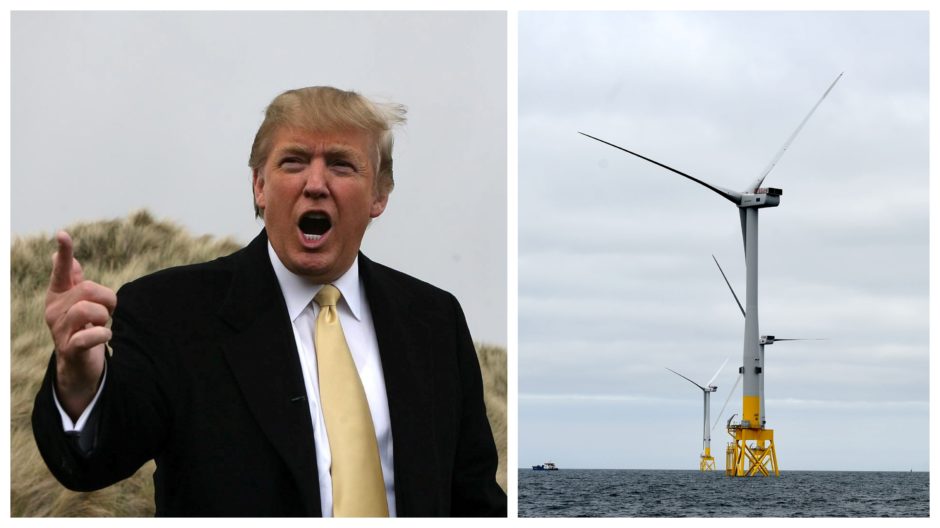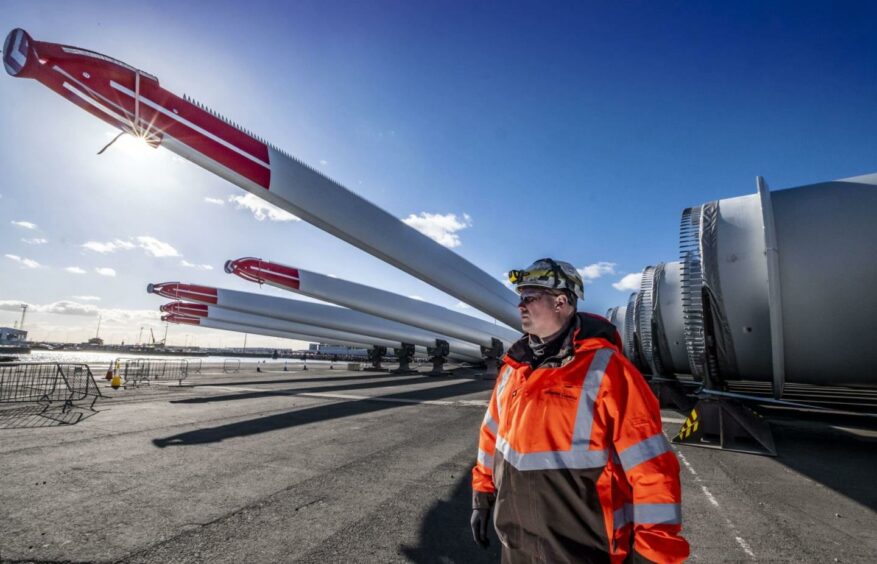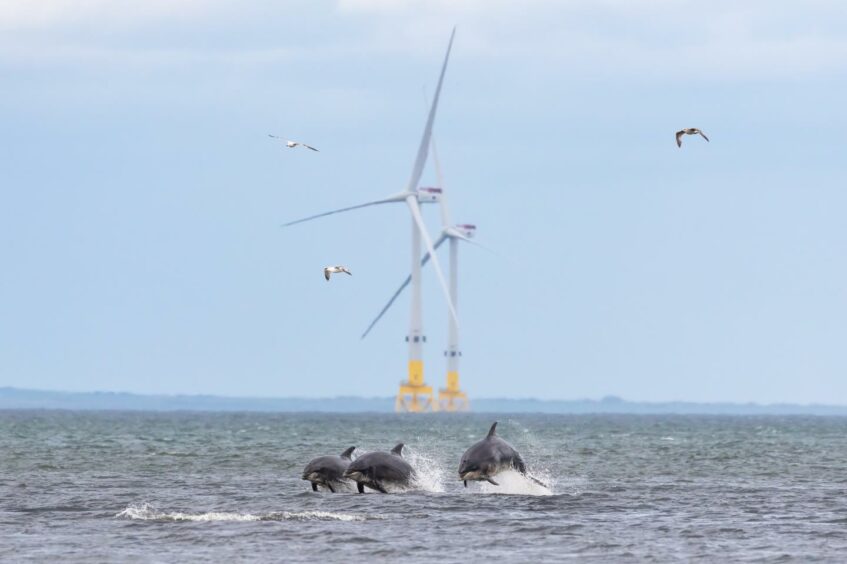
US President Donald Trump has been invited to the Humber to see the positive impact offshore wind has had on the region following his disparaging comments.
Trump kicked off 2025 by criticising the UK’s roll-out of offshore wind by posting to his social media network Truth Social.
The 47th President urged the UK to “get rid of windmills” as he said the country was “making a very big mistake” with its approach to North Sea oil and gas exploration.
Trump has been a vocal critic of offshore wind farms in Scotland for over a decade and unsuccessfully campaigned against a development near his Aberdeenshire golf resort.
As a result of these comments, regional organisations Humber Marine and Renewables and Humber Energy Board have jointly written to Trump, extending an invite to the president to see how offshore wind is having a positive impact on Hull and Grimsby.
The organisations have pointed to the “thousands of jobs” that have been created across the Humber region as the UK accelerates towards offshore wind targets.
The Humber is home to a global-leading offshore wind operations and maintenance cluster, with the world’s biggest wind farms controlled from it.
In addition to this, wind behemoth Siemens Energy operates a blade manufacturing facility in Hull and intends to kick off recycling operations in the city as well.
The firm has said that the plan will double the size of its facility to 77,600 square metres, creating an additional 200 jobs and bringing the total number of jobs at the facility up to 1,200.
Trump has been invited to visit the region either in person or via his ambassador to the UK, Jane Hartley, who was also been invited.
An offer of tours was also extended to the newly inaugurated president by the trade body.
Dave Laister, director of Humber Marine & Renewables, commented: “The offshore wind industry has reinvigorated the Humber’s maritime sector, bringing back a world-leading status last seen at the height of the distant water fishing fleets, now a distant memory.
“It has brought pride, economic opportunity and inspiration to a coastal area most in need and has also helped put wider decarbonisation of one of the most concentrated industrial clusters in the spotlight.
“We want to explain the huge benefits these ‘windmills’ bring, and where better than at a conference where industry leaders unite.”
Trump’s wind ban
This follows moves made by Trump to block future wind developments in the United States.
As part of a raft of executive orders made following his inauguration, Trump suspended leasing for new offshore wind developments.
“We’re not going to do the wind thing. Big, ugly windmills. They ruin your neighbourhood,” Trump commented upon entering office for the second time.
It is understood that Trump’s move against wind farms in the US will not impact the operations of currently existing green energy projects.
In addition to these controversial moves, the renewable energy sceptic also withdrew the US from the Paris Climate Agreement as he laid out plans to up oil production in the country.
The UK has taken a different tact from Trump with the country laying out ambitions to meet climate targets as it aims to generate 60GW from offshore wind by 2030.
In addition to this, Keir Starmer’s Labour government has been less favourable towards oil and gas, hiking the rate of tax imposed on North Sea operators and closing investment allowances previously afforded to them under the energy profits levy (EPL).
The EPL, or windfall tax, has already had an impact on oil and gas investment in the UK as US firm Apache laid out plans to exit the country by 2030 in a statement late last year.
Despite this, a recent poll conducted by True North found that the majority of people in Scotland back Starmer’s ambitions to deliver 95% of the country’s power from clean energy sources by 2030. Although sentiment around the windfall tax was less favourable.
Recommended for you


 © Supplied by Neart na Goithe
© Supplied by Neart na Goithe © Ian Hastie/ AREG
© Ian Hastie/ AREG © Shutterstock Feed
© Shutterstock Feed